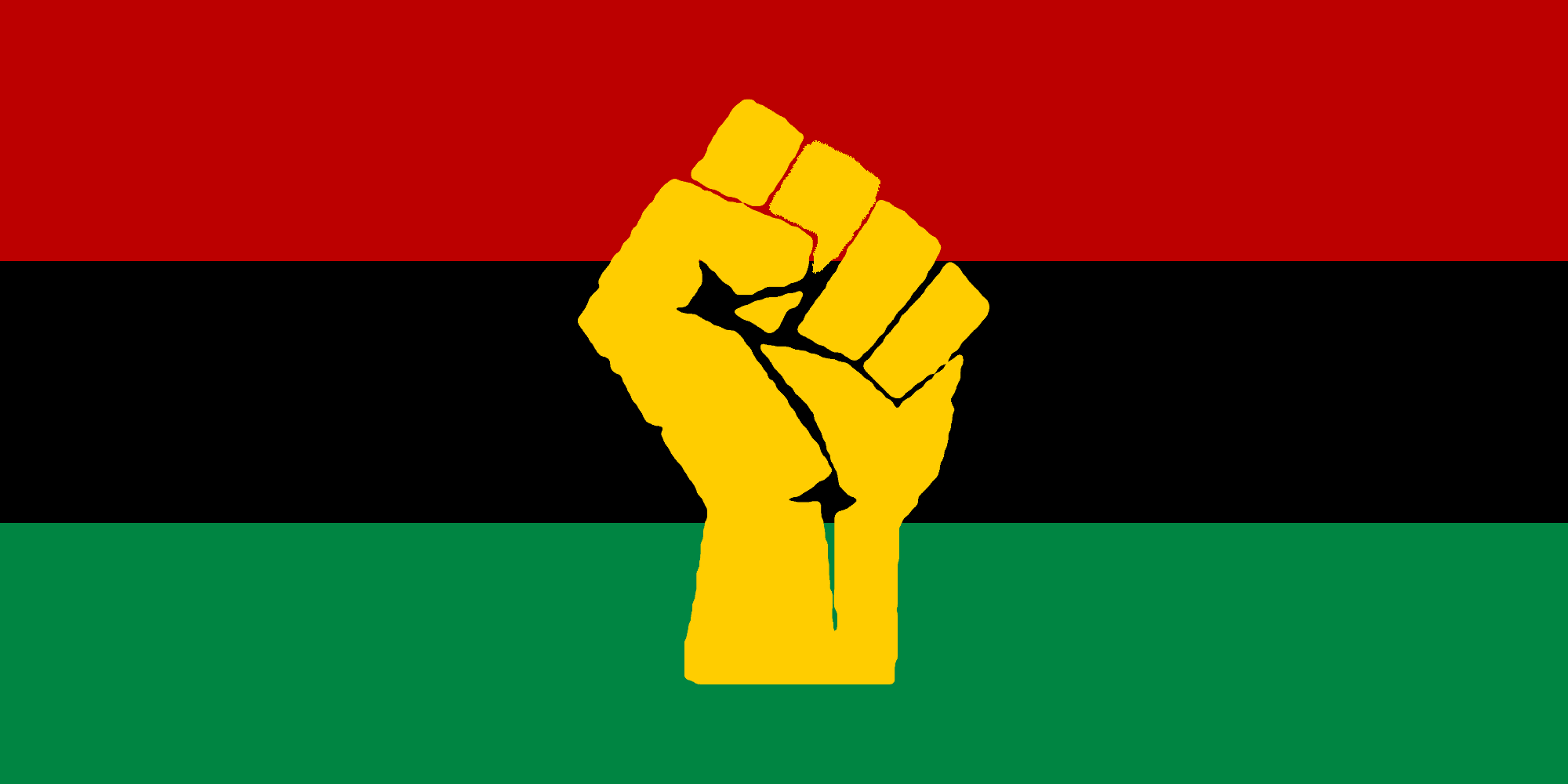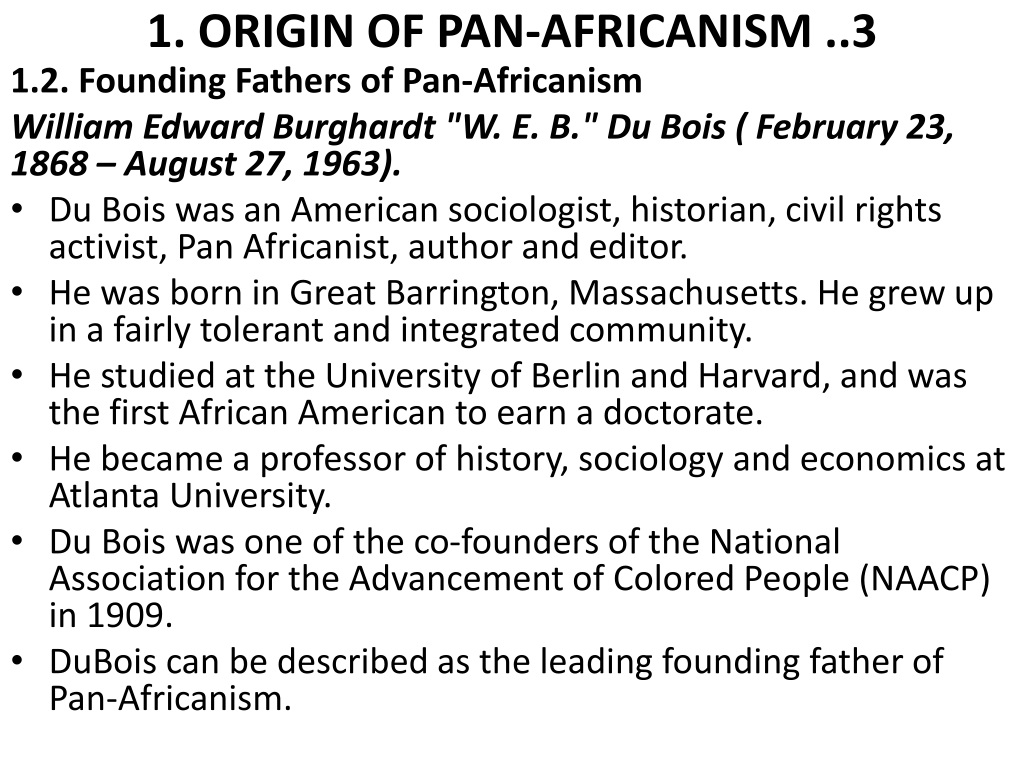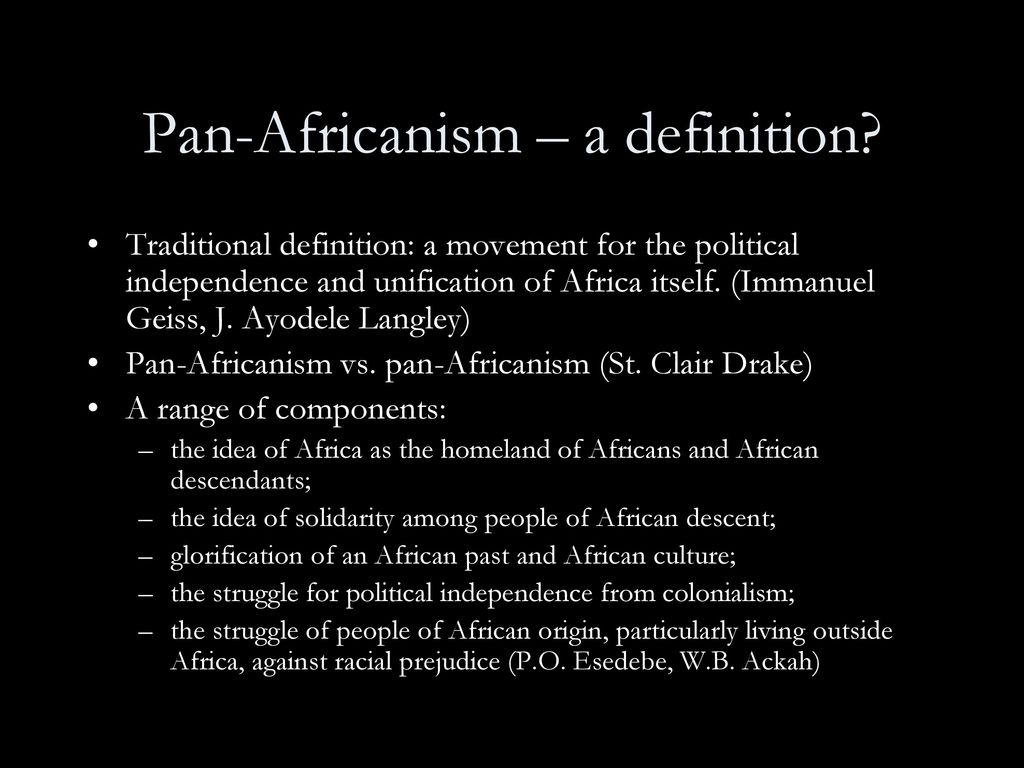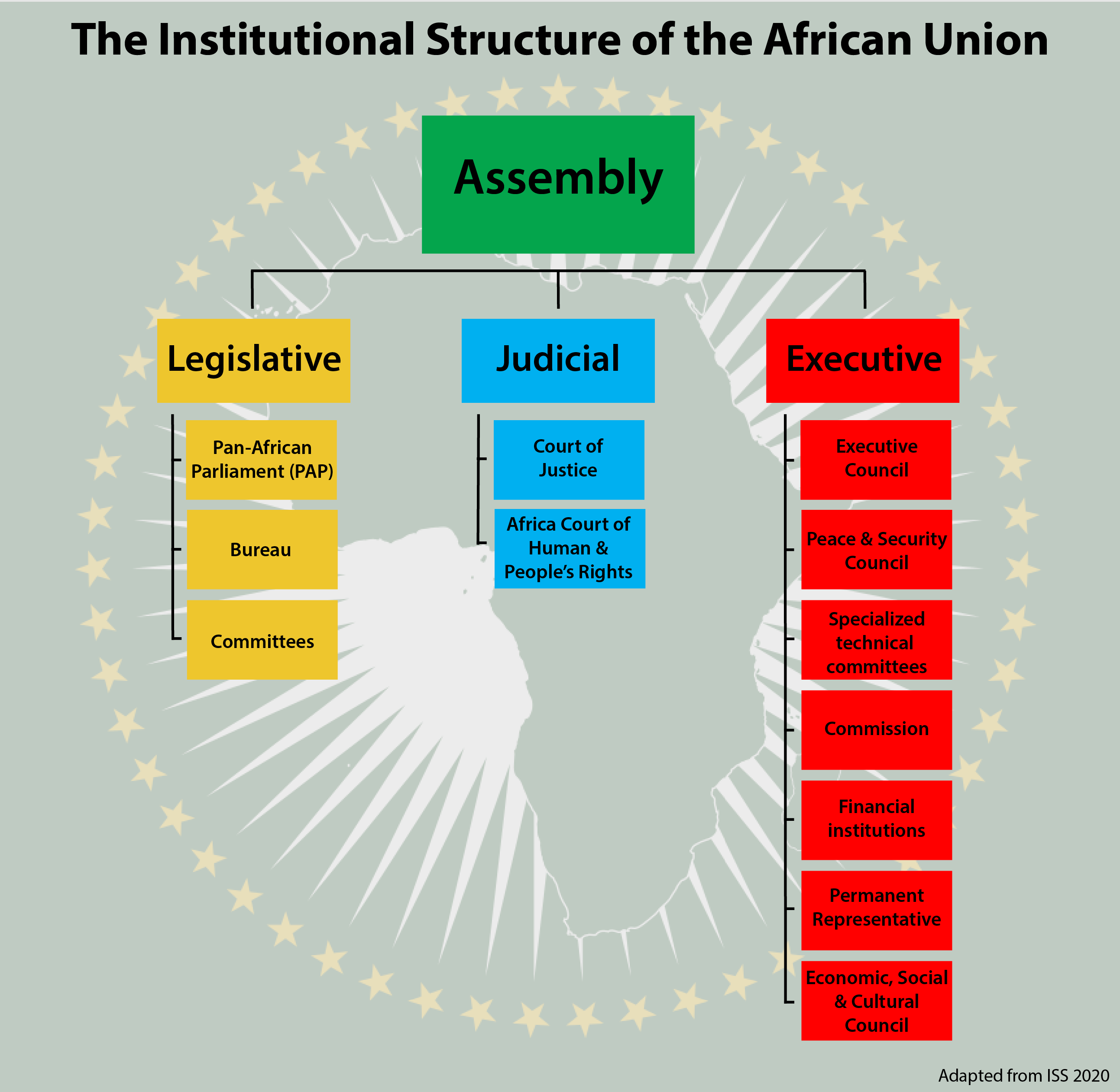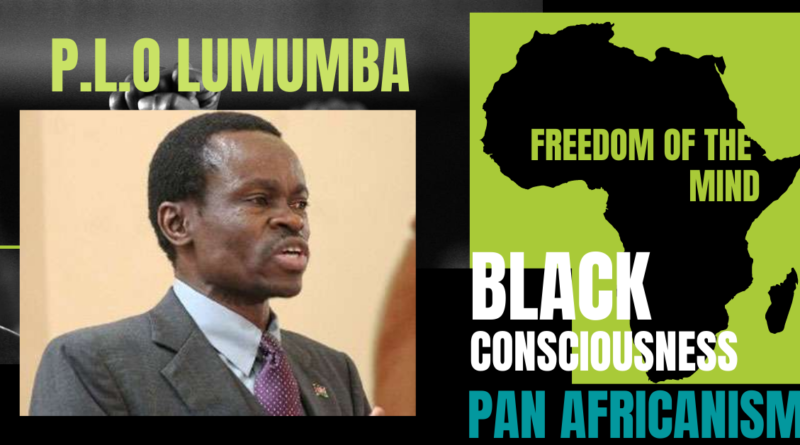Pan-Africanism is a political and intellectual movement that originated in the late 19th and early 20th centuries with the goal of unifying and empowering people of African descent around the world. The movement was founded on the idea that people of African descent, regardless of their geographic location or nationality, share a common history, culture, and identity that has been shaped by the experience of colonialism and enslavement. Pan-Africanism promotes the idea of solidarity and unity among African peoples and seeks to address the social, political, and economic challenges facing African communities.
The origins of pan-Africanism can be traced back to the late 19th century, when a number of intellectuals, activists, and political leaders began to advocate for the rights and liberation of African peoples. One of the earliest and most influential figures in the pan-African movement was W.E.B. Du Bois, an African American sociologist and civil rights leader who was born in the United States in 1868. Du Bois was one of the first African Americans to earn a Ph.D. from Harvard University, and he was a pioneer in the study of race relations and sociology.
In 1900, Du Bois published "The Souls of Black Folk," a groundbreaking work that explored the lives and experiences of African Americans in the United States. In this book, Du Bois argued that African Americans were subjected to a "double consciousness," in which they were both American citizens and members of a marginalized racial group. He also argued that African Americans should strive for political, social, and economic equality, and that they should work to end the system of segregation and discrimination that was prevalent in the United States at the time.
In the early 20th century, Du Bois became involved in the pan-African movement, and he played a key role in organizing the first Pan-African Conference, which was held in London in 1900. This conference brought together intellectuals, activists, and political leaders from around the world to discuss issues related to the liberation and empowerment of African peoples. Du Bois and other pan-Africanists argued that African peoples needed to unite and work together to overcome the challenges facing their communities, including colonialism, racism, and economic exploitation.
In the decades that followed, the pan-African movement grew in size and influence, and it played a central role in the struggle for independence and liberation in many African countries. In the 1950s and 1960s, a number of African countries gained independence from their European colonizers, and the pan-African movement played a key role in these struggles. In the 1970s and 1980s, the movement continued to grow and evolve, and it became increasingly focused on issues of economic development and the promotion of African cultures and traditions.
Today, pan-Africanism remains a powerful force in Africa and around the world, and it continues to be a source of inspiration and hope for many people of African descent. While the movement has faced many challenges and setbacks over the years, it remains a powerful force for change and a source of pride and unity for millions of people around the world.


